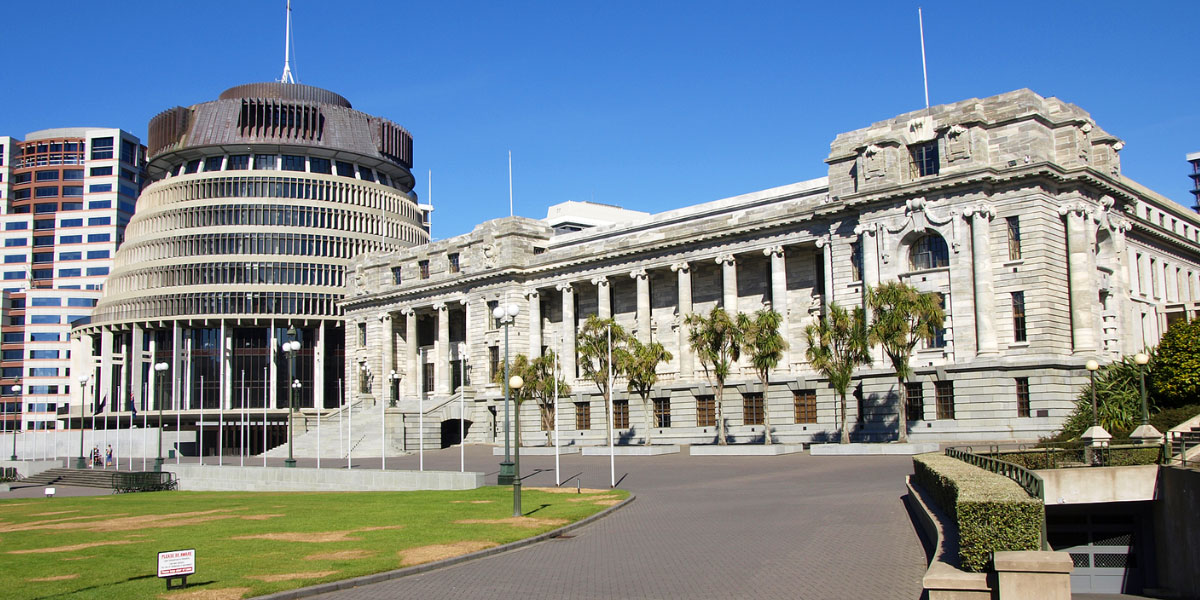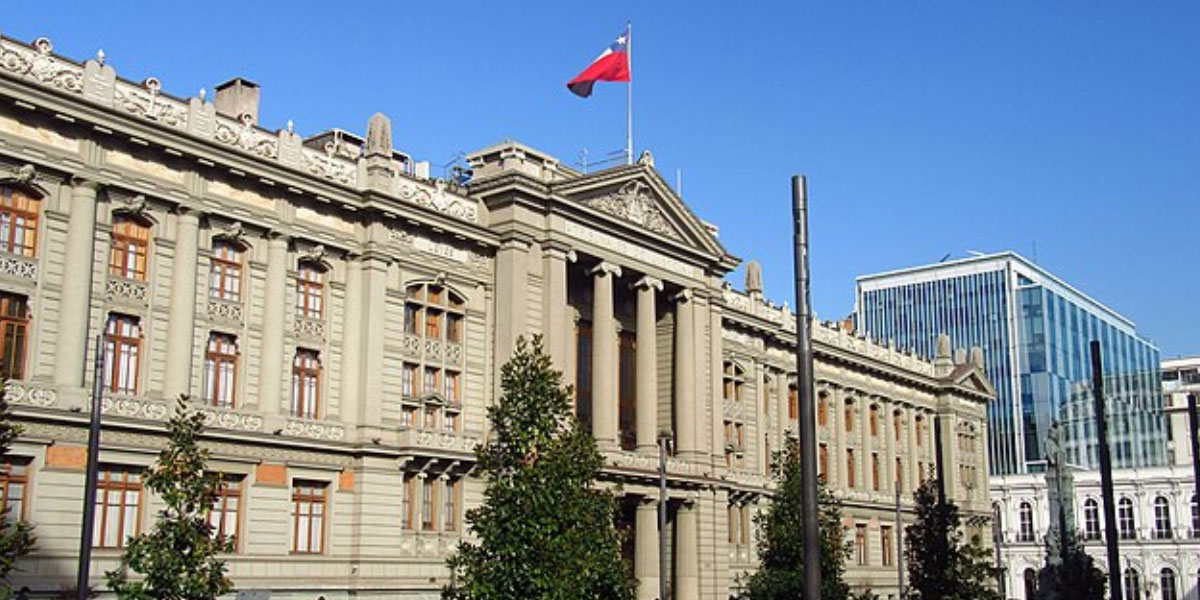New Zealand’s Climate Change Minister Simon Watts announced that the government has updated its Emission Trading Scheme (ETS) to better meet climate targets. The government will reduce the number of ETS units available between 2025 and 2029 from 45 million to 21 million. The change will take effect from the first auction in 2025.
“Since coming into Government, we have been clear we want a credible ETS-led approach to reduce emissions, and we were willing to make tough decisions to achieve this,” said Watts. “To ensure the market operates as intended, we need settings to align with New Zealand’s climate targets and give participants confidence that their investments to reduce emissions will be rewarded.”
“The feedback we received is consistent with our decisions, and we have made the necessary changes that extend further than the advice we received from the Climate Change Commission,” he added.
The Government will retain the current auction floor price, the cost containment reserve price, and current reserve volumes of New Zealand units in the Emissions Trading Scheme.
“As it stands, there is an oversupply of units held by participants which has contributed to a depreciated price of carbon. This has led, in part, to the failure of recent auctions to clear, and poses a risk to achieving our climate targets and emissions budgets,” he said. “Reducing the number of units will likely see the carbon price rise. We need the carbon price to encourage businesses and individuals to reduce their emissions to meet our climate targets.”
Watts noted that the government is mindful of the impact potential price rises will have on everyday New Zealanders, however, their modelling suggests the impact will be minimal.














